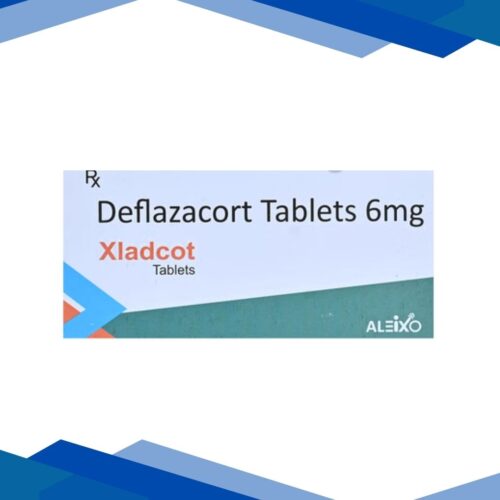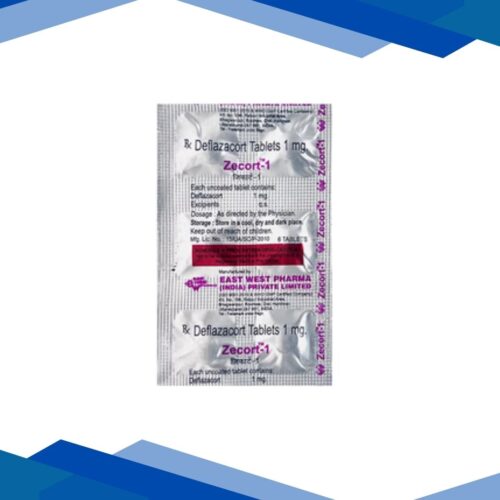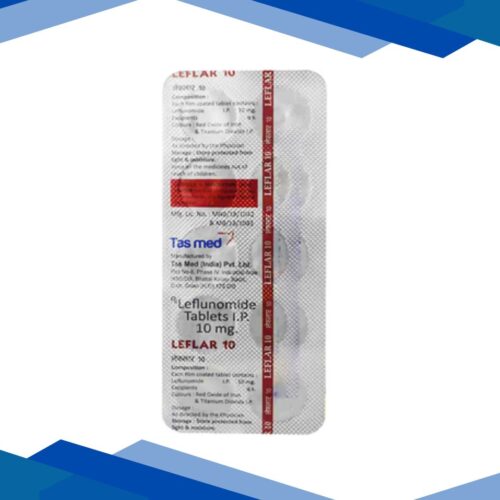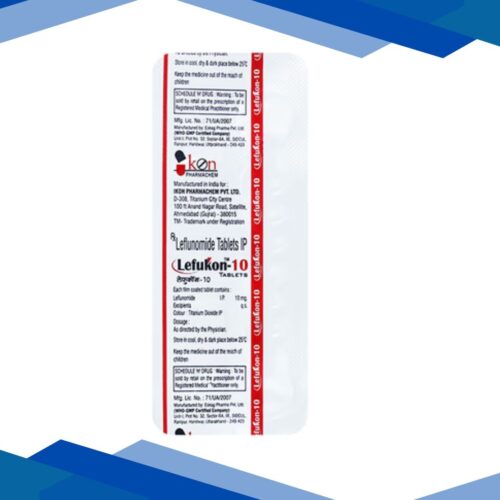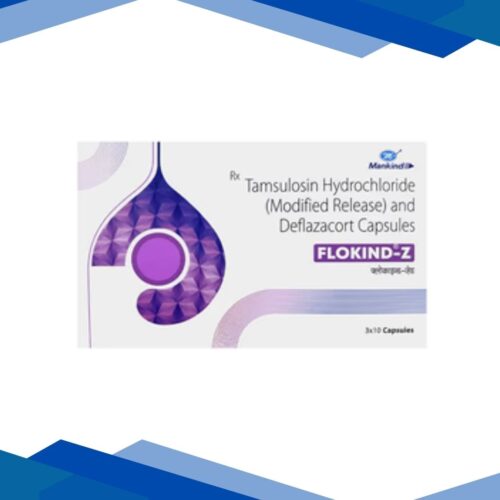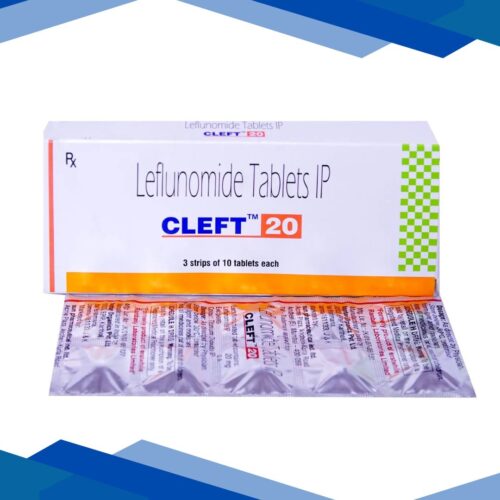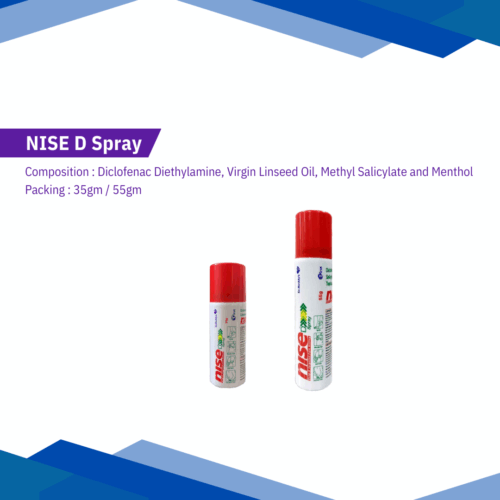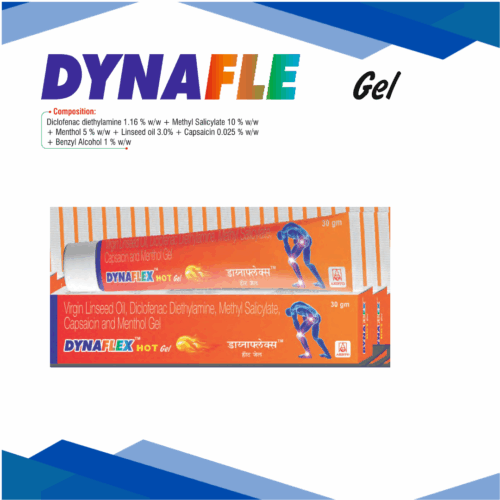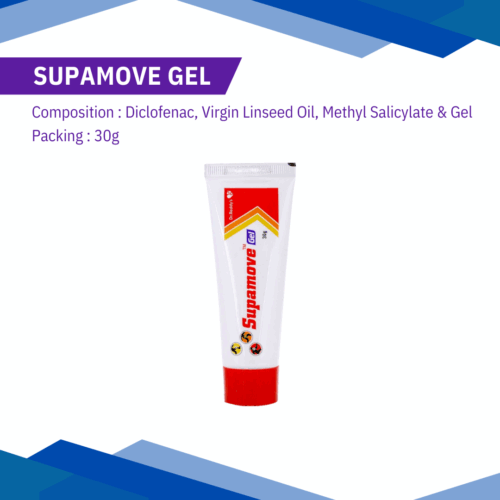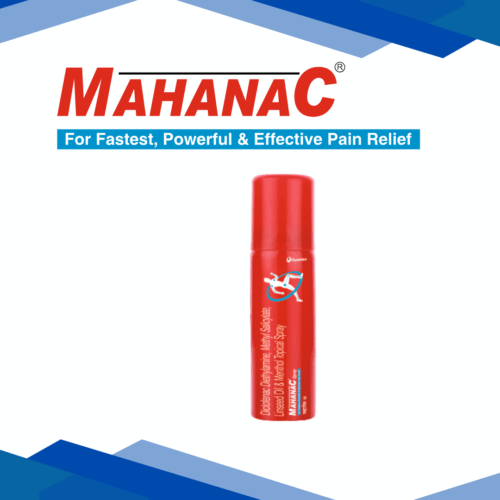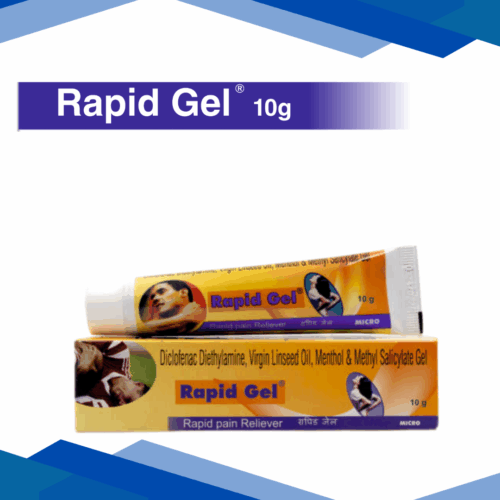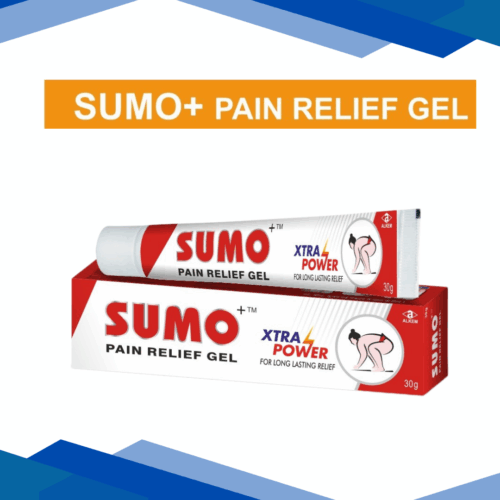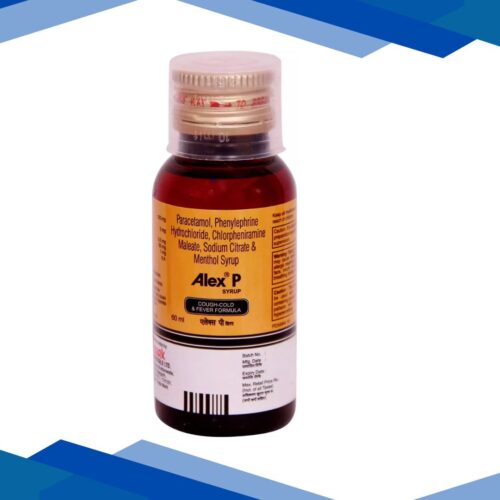FLOKIND Z Capsule 10’s
Rapid gel 20g
No Prescription yet? Don’t worry! Click Here to Get Online Consultation
Why Prescription is Required?
✅ Providing Right Medicines
Prescriptions are complex documents. We proofread and recheck at various steps to provide you the right medication in the correct form and dose.
⚖️ Helps Comply with the Law
Most medicines cannot be sold without a valid prescription, as per the Drugs and Cosmetics Act, 1940 and Rules, 1945.
Book Appointment with Doctor
Diclofenac diethylamine, virgin linseed oil, menthol, and methyl salicylate are used together in topical preparations to relieve muscle and joint pain, inflammation, and stiffness. Benzyl alcohol acts as a preservative and provides mild local anesthetic and antimicrobial effects. For more details kindly click on Medicine Salts below:
Benzyl Alcohol
BENZYL ALCOHOL
Overview:
Benzyl alcohol is an aromatic alcohol compound used as a preservative, solvent, and mild local anesthetic in medical and cosmetic products.
Classification: Aromatic alcohol compound used as a preservative, solvent, and mild local anesthetic in medical and cosmetic products.
Uses:
Used as a preservative in injectables, creams, and solutions
Acts as a solvent to help dissolve active ingredients
Serves as a local numbing agent in some topical medications
Used in head lice treatments to help kill lice
Added to cosmetics and personal care items to improve shelf life
How It Works:
As a preservative, it prevents microbial growth in products
As a topical anesthetic, it temporarily numbs the skin by blocking nerve signals
In lice treatments, it disrupts the outer layer of lice, leading to their dehydration and death
Dosage:
As prescribed by your doctor.
Side effects
While generally well tolerated, some people may experience:
Skin irritation or redness, especially with prolonged use
Allergic reactions (rash, itching, or swelling) in sensitive individuals
Eye or mucous membrane irritation if contact occurs
In rare cases, infants exposed to high levels (through injections) may be at risk of a serious condition called “gasping syndrome”
Precautions:
Should be used cautiously in infants and young children, especially in injectables
Avoid contact with eyes, broken skin, or sensitive areas
If you have skin allergies or are prone to reactions, do a patch test before using products containing it
Pregnant or breastfeeding women should check with a healthcare provider before using concentrated forms
Use only as recommended, especially in over-the-counter lice or skincare treatments
Disclaimer: This content is for informational purposes only. Always consult a healthcare provider for medical advice and proper dosage
Diclofenac
Diclofenac
OVERVIEW
Diclofenac is a nonsteroidal anti-inflammatory drug (NSAID) used to treat mild-to-moderate pain
CLASSIFICATION
Anti-inflammatory drug (NSAID)
USES
Diclofenac is used for pain relief. It relieves pain in conditions like headache, mild migraine, muscle pain, dental pain, rheumatoid arthritis, ankylosing spondylitis, osteoarthritis, or painful menses.
HOW IT WORKS
It works by blocking the release of certain chemical messengers that cause pain and inflammation (redness and swelling)
DOSAGE
As directed by the physician
PRECAUTIONS
Before taking this drug, patients should keep the following points in mind:
The patient must tell the doctor if he/she is allergic to diclofenac, aspirin, NSAIDs (naproxen, ibuprofen, celecoxib) or any other drugs.
Inform the doctor about the medical history, particularly: asthma (having a history of shortness of breath after taking NSAIDs or aspirin), coagulation or bleeding problems, cardiac issues (such as a previous heart attack), liver disease, nasal polyps, intestinal or stomach problems.
It can cause kidney damage when used for prolonged periods. In the case of any existing kidney issues, the chances of kidney failure can increase with diclofenac consumption.
Inform the doctor about previous surgeries and drug prescriptions.
Do not drive after consuming this drug as it can cause dizziness and drowsiness.
It can cause stomach bleeding, and the risk can increase with the use of tobacco and alcohol.
Older people are at a high risk of intestinal and stomach bleeding, heart attack, and stroke when consuming this drug.
If you have high blood pressure or experience water retention, it’s crucial to inform your doctor before starting diclofenac. Adding an NSAID to your regimen can place extra strain on your heart, especially if it’s already working hard.
If you’ve had a prior ulcer or gastrointestinal bleeding, it’s advisable to consult your doctor before using diclofenac, as your risk for another bleeding episode is elevated.
For individuals with kidney issues or those taking diuretics (water pills), diclofenac use can potentially affect the kidneys’ ability to expel excess fluids. Discuss with your healthcare provider whether diclofenac is suitable for your situation.
If you have asthma and are sensitive to aspirin, there’s a possibility of a severe reaction to diclofenac. Prior to using this medication, it’s essential to have a conversation with your doctor.
SIDE EFFECTS
Nausea
Headache
Dizziness
Vomiting
Flatulence
Constipation
Diarrhea
Abdominal pain
Dyspepsia
Gastrointestinal bleeding
Gastrointestinal ulcer
Rash
Application site irritation
Injection site pain
DISCLAIMER
This content is for informational purposes only. Always consult a healthcare provider for medical advice and proper dosage.
Linseed Oil + Methyl Salicylate
LINSEED OIL + METHYL SALICYLATE
Overview
This is a topical combination medicine (applied to the skin) used to relieve muscle and joint pain. It gives a warming or soothing feeling and is often found in pain relief sprays, gels, or ointments.
Classification
Topical analgesics and anti-inflammatory agents
Uses
Used to temporarily relieve:
Muscle pain or soreness
Joint discomfort due to strain, sprains, or arthritis
Backaches and neck pain
Sports-related injuries like cramps or bruises
How It Works
Methyl Salicylate (similar to aspirin) works by creating a warming sensation, increasing blood flow to the area and helping ease pain.
Linseed Oil helps by soothing inflammation and allowing the skin to absorb the medicine more effectively.
Together, they reduce pain and stiffness in the area where applied.
Dosage
As prescribed by your doctor.
Side effects
Usually mild, but can include:
Skin redness or irritation
Burning or stinging sensation
Allergic reaction in sensitive people
If overused or applied to broken skin, it may cause blistering or peeling
Precautions
Only for external use—do not swallow or apply on open wounds
Avoid contact with eyes, mouth, or sensitive areas
Wash hands after applying
Don’t use under tight bandages or with heat pads—this can increase skin reactions
Not recommended for young children unless prescribed
Inform your doctor if you have allergies to aspirin or salicylates
If skin irritation persists, stop using and consult a healthcare provider
Disclaimer
This content is for informational purposes only. Always consult a healthcare provider for medical advice and proper dosage
Menthol
MENTHOL
Overview:
Menthol is a natural ingredient from mint that gives a cool, refreshing sensation.It’s found in ointments, lozenges, and inhalers to relieve sore throats, open up congested noses, reduce coughing, or soothe minor skin irritation. Its cooling effect helps you feel comfortable, relieved, and more at ease in everyday situations.
Classification: Symptomatic relief agent
Uses:
Menthol is used to provide quick relief from common discomforts. It can soothe a sore throat, calm a cough, ease nasal congestion, and reduce minor skin irritation.Its refreshing, cooling action makes you feel more comfortable and helps reduce the impact of everyday symptoms.
How it works:
Menthol functions to cause the nerve endings on the surface of the skin and mucous membranes to become numb, and thus observe a degree of cooling. This cooling effect fools the brain into thinking it is getting relief from discomfort, opens nasal passages, soothes an irritated throat and minor aches or itching, making you feel more comfortable and refreshed.
Dosage:
As prescribed by your doctor.
Side Effects:
Mild skin irritation or redness
Burning or stinging sensation
Allergic reactions like rash, itching, or swelling (rare)
Mild throat or mouth irritation
Precautions:
While using menthol, make sure to use it as instructed on the product and do not apply it on broken or sensitive skin. When you have been allergic previously, test in a small area to ensure there are no reactions. Do not use large quantities in use internally, such as in lozenges, or cough syrups, and store it away from the reach of children. If you experience difficulty breathing, rash or swelling, stop and get medical attention.
Disclaimer:This content is for informational purposes only. Always consult a healthcare provider for medical advice and proper dosage.
